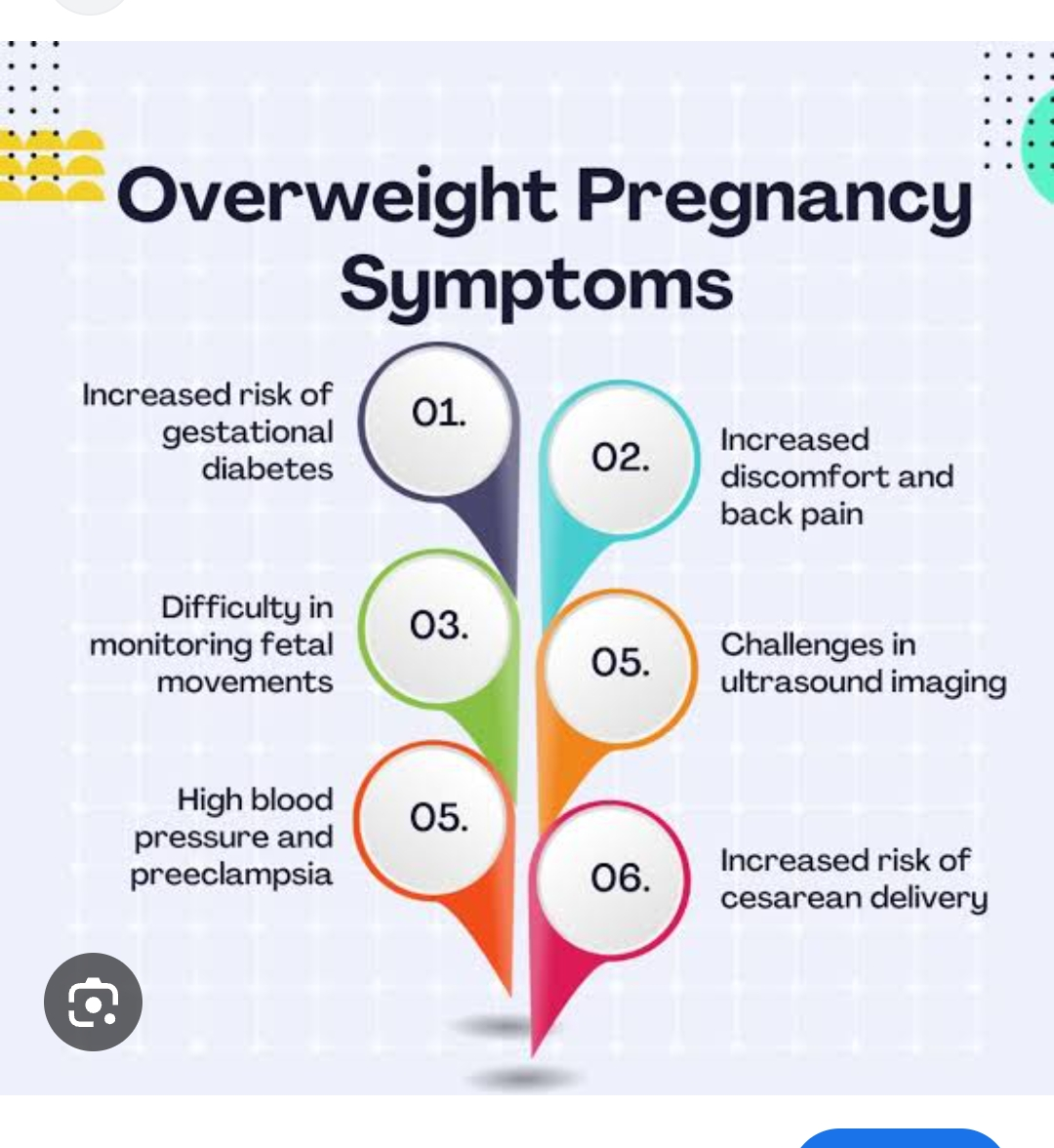
Obesity during pregnancy can have several effects on both the mother and the baby, potentially leading to complications and long-term health concerns. Some of the main risks associated with obesity in pregnancy include:
1. Gestational Diabetes
Obese women are at a higher risk of developing gestational diabetes, a condition where blood sugar levels become elevated during pregnancy. This can increase the risk of preterm birth, high birth weight, and complications for both mother and baby.
2. Preeclampsia
Preeclampsia is a pregnancy-related condition marked by high blood pressure and organ damage. Obesity increases the risk of developing preeclampsia, which can lead to severe complications for both mother and child, including organ failure and premature delivery.
3. Miscarriage
Obesity has been linked to a higher risk of early miscarriage, likely due to hormonal imbalances and other underlying health conditions.
4. Preterm Birth
Obesity increases the risk of preterm birth, which can lead to complications for the baby, such as respiratory issues, developmental delays, and other health concerns.
5. Cesarean Section (C-Section)
Obese women are more likely to require a C-section, which carries its own set of risks, including infection, blood loss, and longer recovery time.
6. High Birth Weight
Babies born to obese mothers are more likely to have a high birth weight (macrosomia), which can complicate delivery and increase the likelihood of requiring a C-section. High birth weight is also associated with an increased risk of childhood obesity and metabolic disorders.
7. Sleep Apnea
Obesity can contribute to obstructive sleep apnea, which is more common during pregnancy and can affect the oxygen supply to both mother and baby.
8. Increased Risk of Birth Defects
Some studies suggest that obesity in pregnancy may increase the risk of certain birth defects, such as neural tube defects and heart abnormalities.
9. Long-Term Health Effects for the Baby
Children born to obese mothers may be at a higher risk for obesity later in life, as well as for metabolic conditions like type 2 diabetes and cardiovascular disease.
10. Postpartum Complications
Obese women are more likely to experience complications after delivery, such as wound infections, delayed recovery, and difficulty breastfeeding.
Managing Obesity in Pregnancy
To reduce these risks, it's important for obese women to receive prenatal care tailored to their needs, including managing weight, monitoring for gestational diabetes and preeclampsia, and making healthy lifestyle choices. It’s also recommended to aim for gradual and moderate weight gain during pregnancy, with guidance from healthcare providers.
If you're pregnant and concerned about obesity, it’s essential to discuss it with your healthcare provider to create a plan for a healthy pregnancy.




